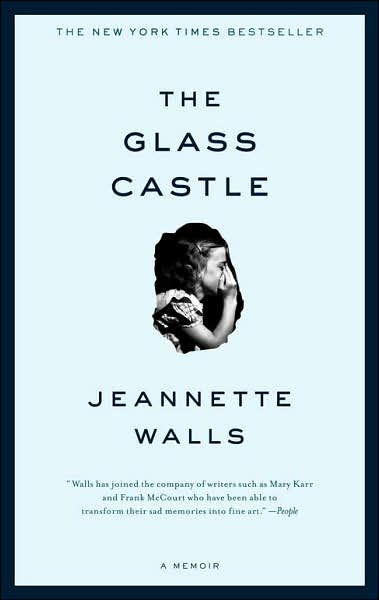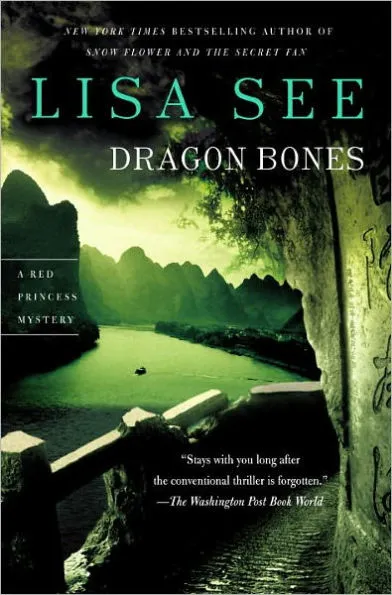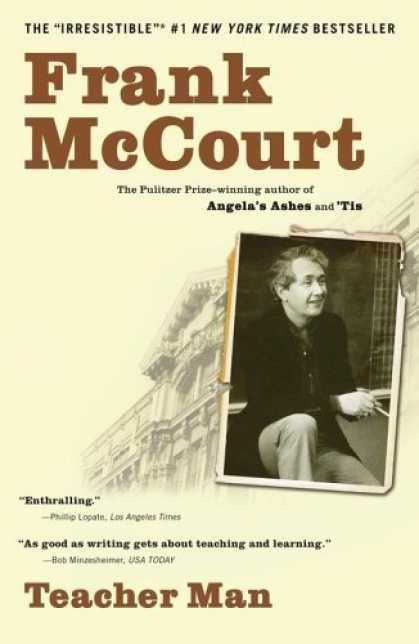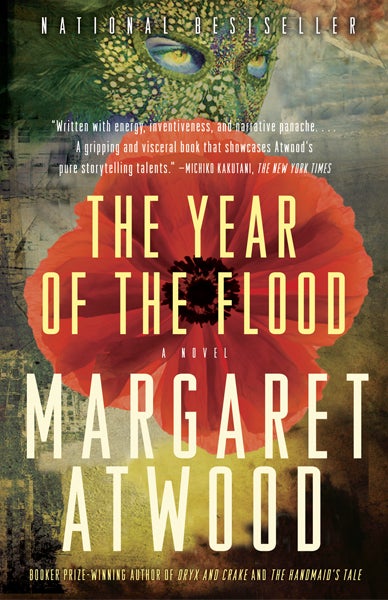The year Cass and I first met, the topic for his English class was Utopia/Dystopia, in which he read this book, and has spawned the reading of many other books that he and I both enjoy. We first read Feed that year, and I recently decided it merited a re-read.
Feed, a cyberpunk, dystopian satire, is about a teenage boy, Titus, who lives in a world
driven by technology and the consumer lifestyle. The internet has evolved into "The Feed"- a network directly connecting brains via an implanted computer chip at birth. Yup, the internet is right in your head, as well as interrupting commercials and ads. School is done through the feed, and almost everything in their world is manufactured and commercialized.
But this world and this life has a price; nature is paying. Clouds are manufactured. The oceans are so polluted that whales have to wear a protective sheath. Sexual production is no longer possible and all children are custom made to their parents specifications and inserted through IVF. Yet noone seems to care. They're only aware of themselves and the feed.
For Titus and his friends, it feels like everyone has the feed. But then they meet Violet. Titus is quite taken by Violet, but his friends don't really like her, and she doesn't like them either. So Titus and Violet start to isolate themselves. They start having a different kind of fun as Violet begins to resist the feed and they try to confuse the personalized ads. Until it's revealed that Violet is in serious trouble.
Now, first things first. When you hear the title, it reminds you of facebook, no? And reading the book, it does feel like facebook gone too far, but Anderson published Feed in 2002! He is very tuned in to the technology of the world today and where it is leading us. I find this novel still relevant today, even after ten years and all of our newest technological advances. Some of the conditions of his world are a bit far off and belong in the realm of science fiction, but others are not too many steps away from where we are now: personalized ads are all over the place. Facebook, Amazon, Netflix, Hulu. They all know what you like and suggest new things. Hulu will even let you customize your commercials. That world may be closer than we think.
To be honest, the characters were kind of difficult to relate to, as were some of the topics in the novel, but I think that's kind of the point: as we let technology rule our lives, we lose part of who we are. Because of that, I find Feed to be an important dystopian read and a warning against what our society may become.





















